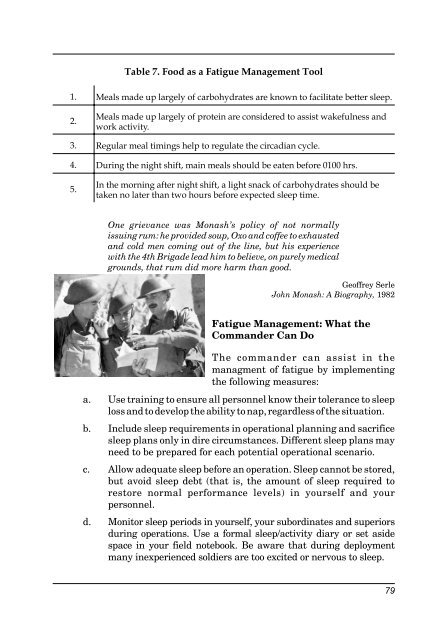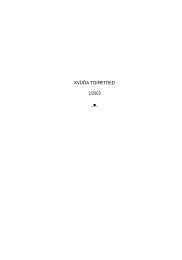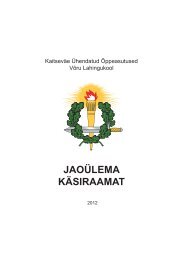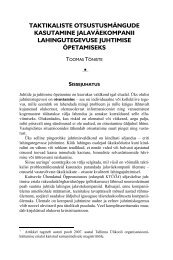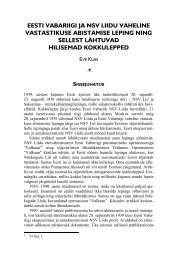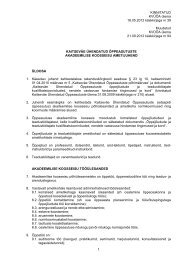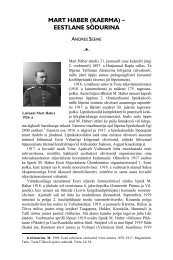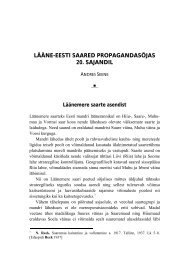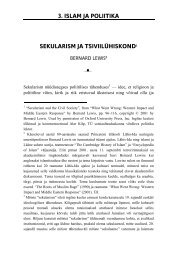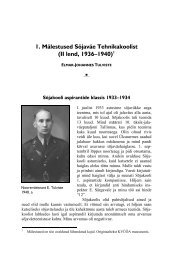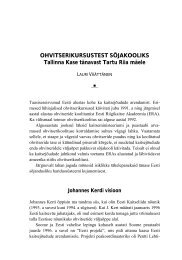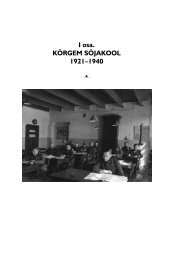Fatigue Management
Fatigue Management
Fatigue Management
Create successful ePaper yourself
Turn your PDF publications into a flip-book with our unique Google optimized e-Paper software.
Table 7. Food as a <strong>Fatigue</strong> <strong>Management</strong> Tool<br />
1. Meals made up largely of carbohydrates are known to facilitate better sleep.<br />
2.<br />
Meals made up largely of protein are considered to assist wakefulness and<br />
work activity.<br />
3. Regular meal timings help to regulate the circadian cycle.<br />
4. During the night shift, main meals should be eaten before 0100 hrs.<br />
5.<br />
In the morning after night shift, a light snack of carbohydrates should be<br />
taken no later than two hours before expected sleep time.<br />
One grievance was Monash's policy of not normally<br />
issuing rum: he provided soup, Oxo and coffee to exhausted<br />
and cold men coming out of the line, but his experience<br />
with the 4th Brigade lead him to believe, on purely medical<br />
grounds, that rum did more harm than good.<br />
Geoffrey Serle<br />
John Monash: A Biography, 1982<br />
<strong>Fatigue</strong> <strong>Management</strong>: What the<br />
Commander Can Do<br />
The commander can assist in the<br />
managment of fatigue by implementing<br />
the following measures:<br />
a. Use training to ensure all personnel know their tolerance to sleep<br />
loss and to develop the ability to nap, regardless of the situation.<br />
b. Include sleep requirements in operational planning and sacrifice<br />
sleep plans only in dire circumstances. Different sleep plans may<br />
need to be prepared for each potential operational scenario.<br />
c. Allow adequate sleep before an operation. Sleep cannot be stored,<br />
but avoid sleep debt (that is, the amount of sleep required to<br />
restore normal performance levels) in yourself and your<br />
personnel.<br />
d. Monitor sleep periods in yourself, your subordinates and superiors<br />
during operations. Use a formal sleep/activity diary or set aside<br />
space in your field notebook. Be aware that during deployment<br />
many inexperienced soldiers are too excited or nervous to sleep.<br />
79


